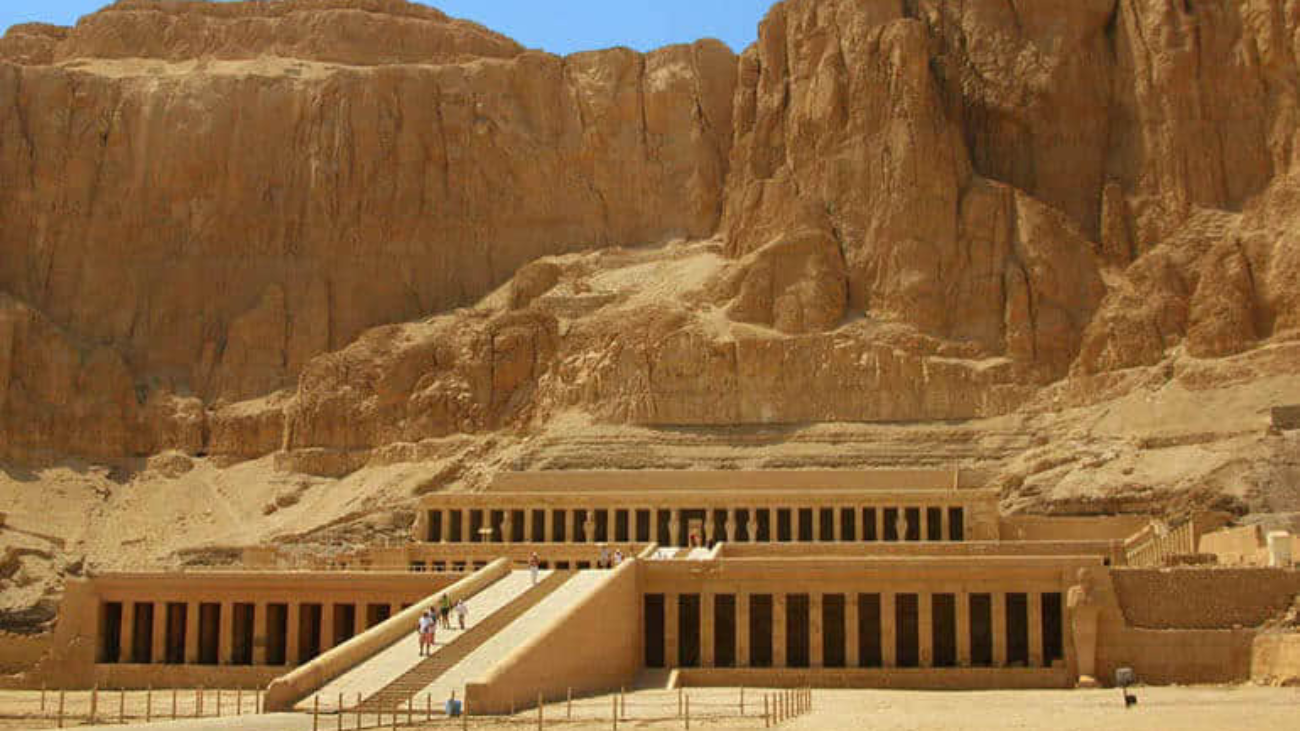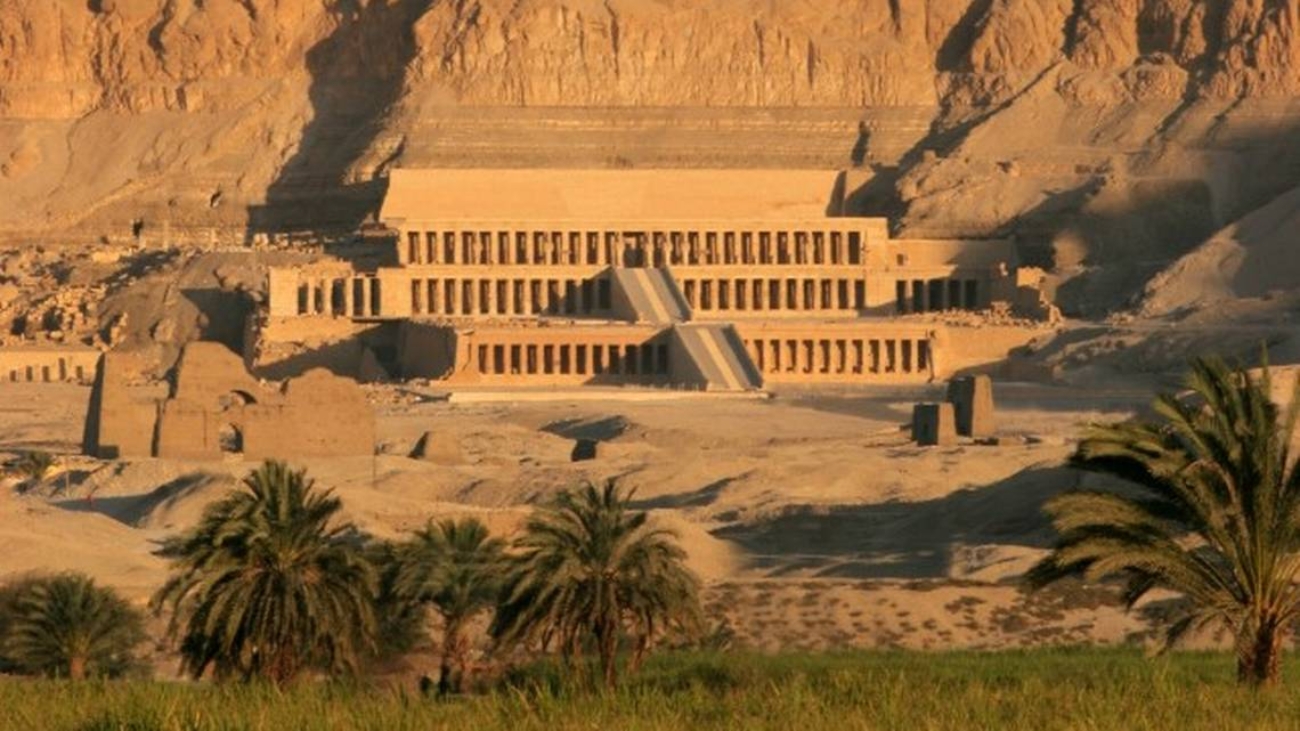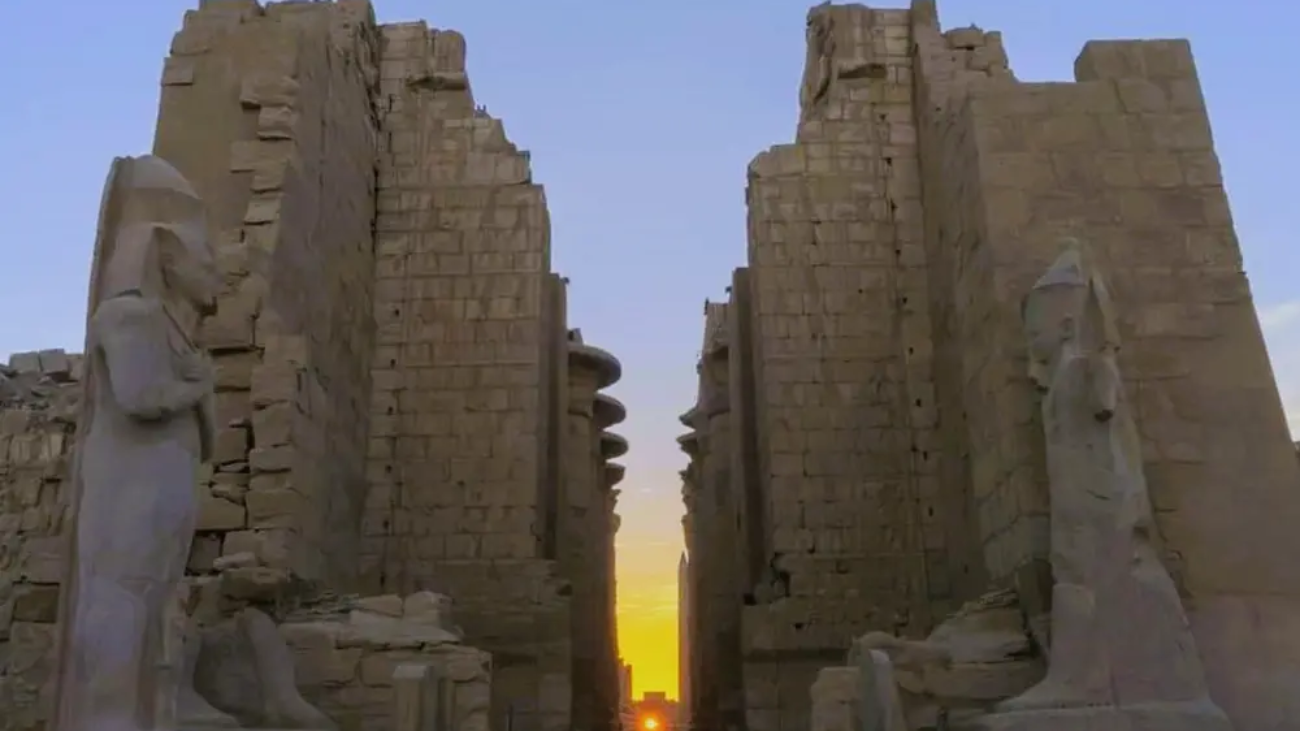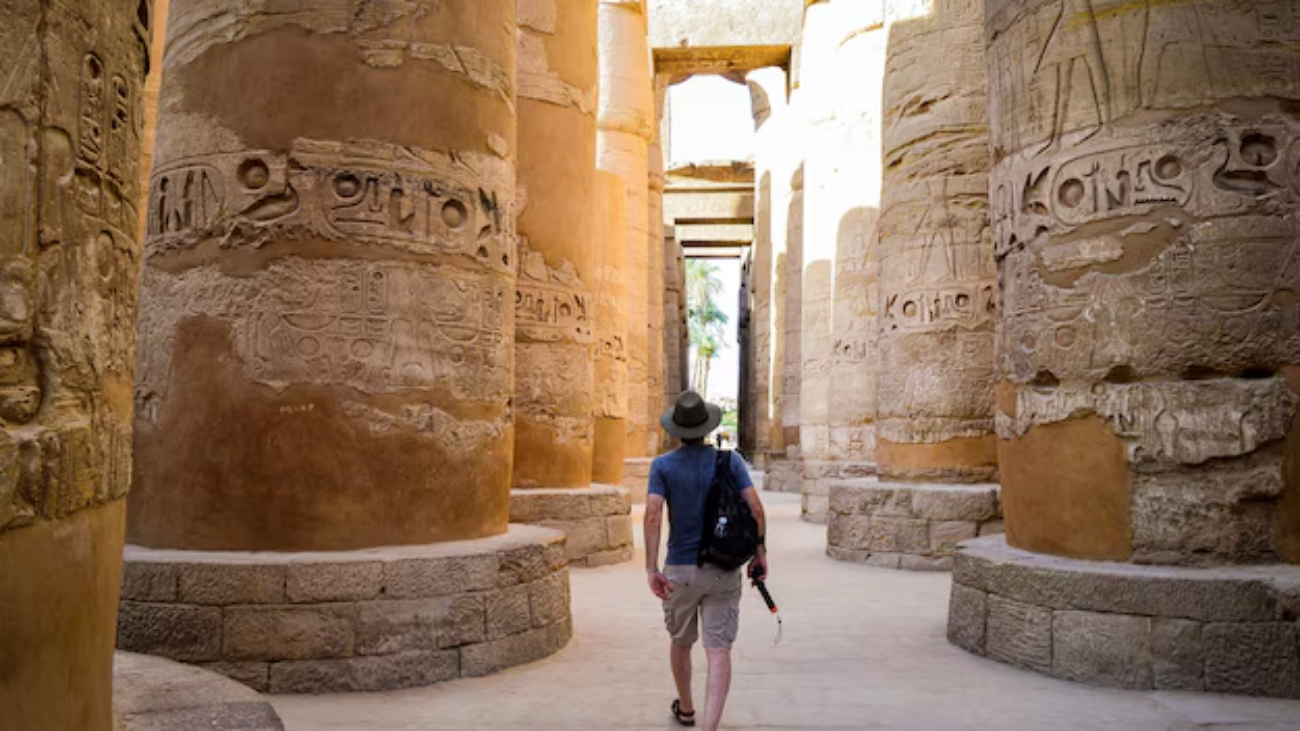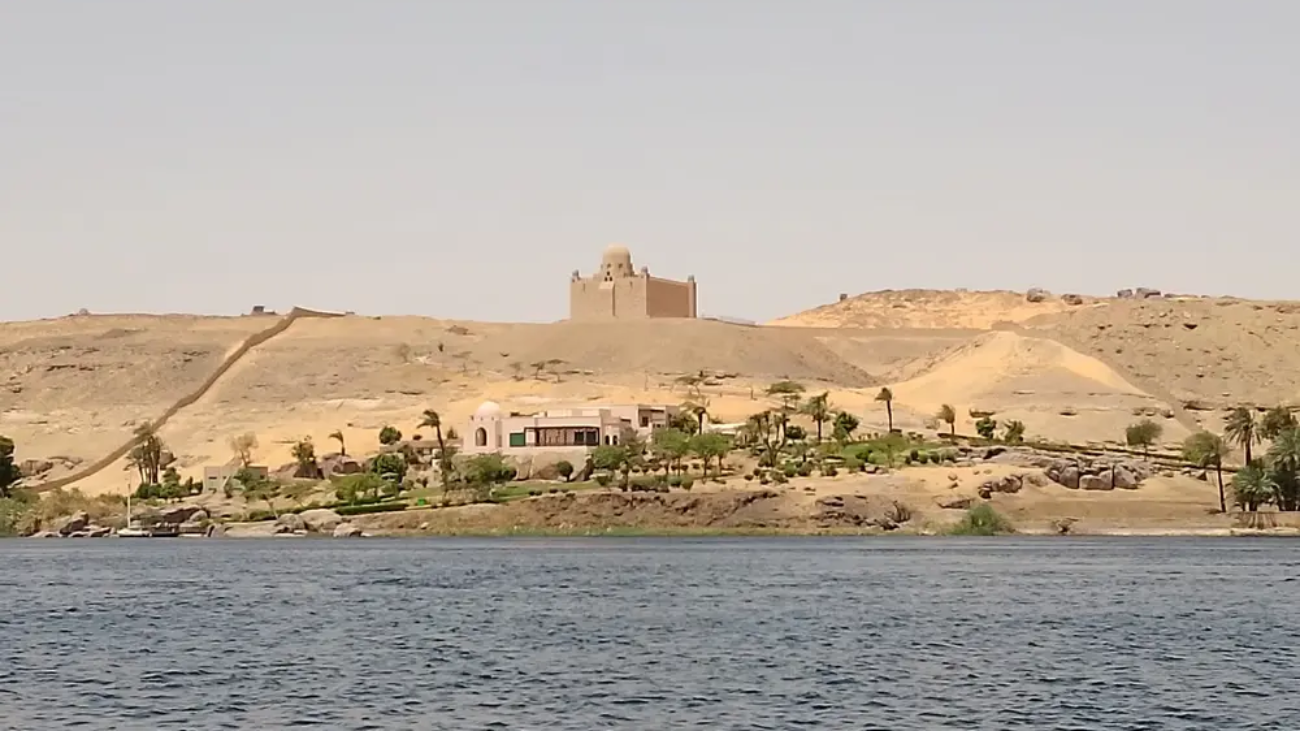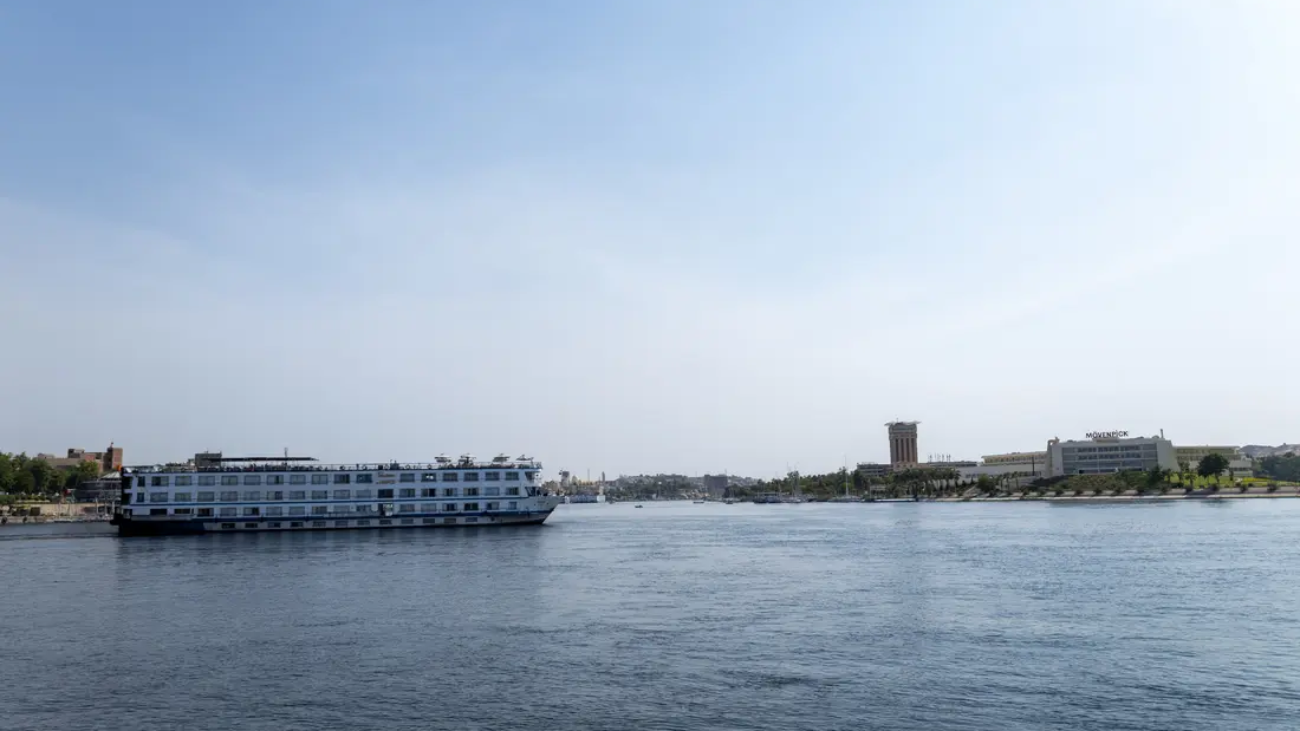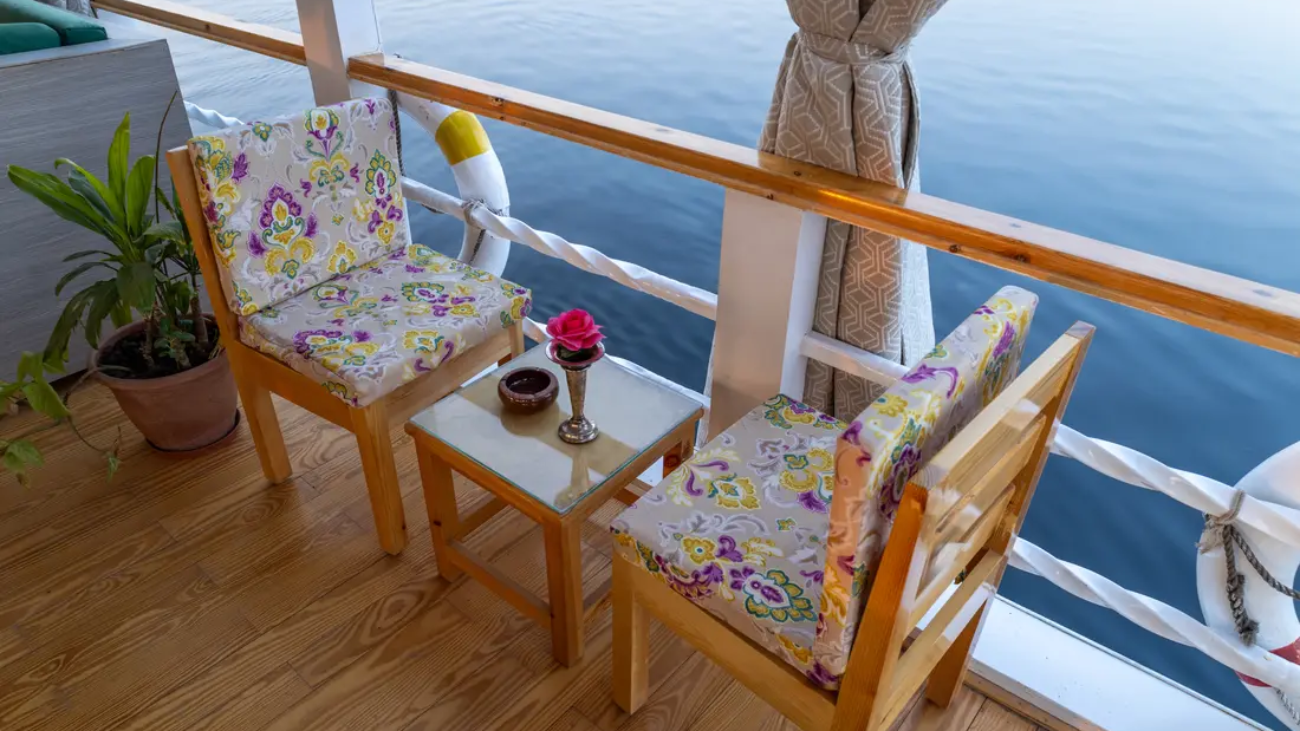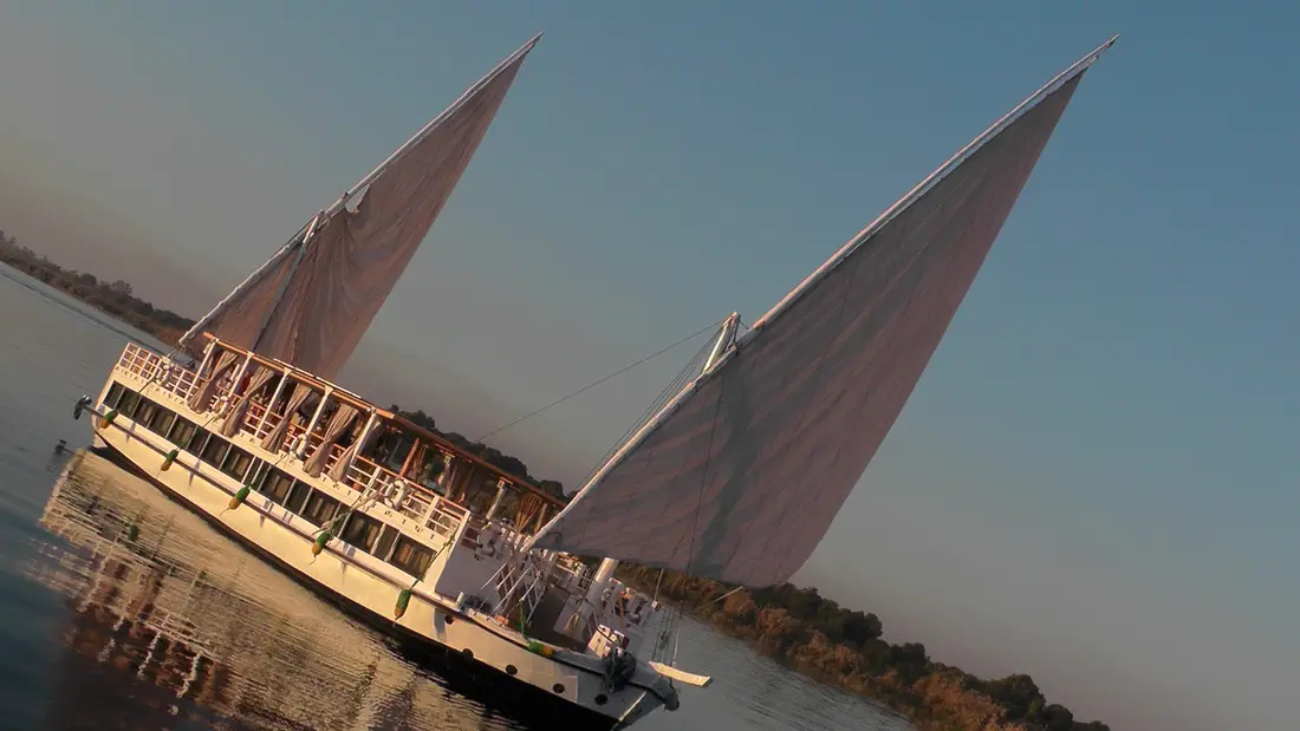The Valley of the Kings, located on the west bank of the Nile near Luxor, Egypt, is one of the most famous archaeological sites in the world. It served as the burial place for the pharaohs and powerful nobles of the New Kingdom (c. 1550–1070 BCE), including iconic rulers like Tutankhamun, Ramses II, and Seti
It was chosen as a royal burial site to protect the tombs from grave robbers, a common problem in ancient Egypt. Its remote, arid location in the Theban hills offered a hidden and secure resting place for the pharaohs and their treasures. The site contains 63 known tombs and chambers, though not all belong to kings. Some are the resting places of queens, high priests, and other nobles.
The tombs were carved deep into the limestone cliffs, often extending hundreds of feet into the rock. The interiors were richly decorated with vibrant paintings and hieroglyphics, depicting scenes from the afterlife, religious texts, and the deceased’s journey to the underworld
Discovered by Howard Carter in 1922, this tomb is the most famous due to its relatively intact state and the treasures found within, including the iconic golden death mask. – *Ramses VI (KV9)*: Known for its extensive and well-preserved wall reliefs, depicting the pharaoh’s journey through the underworld. – *Seti I (KV17)*: One of the longest and most elaborately decorated tombs, renowned for its detailed and colorful wall paintings.
Valley of the Kings was not just a burial site but a place of profound religious significance. The tombs were designed to ensure the king’s safe passage to the afterlife and their eternal life as a god. This belief system, deeply rooted in ancient Egyptian religion, emphasized the pharaoh’s divine role and their continued influence over the world of the living even after death.

